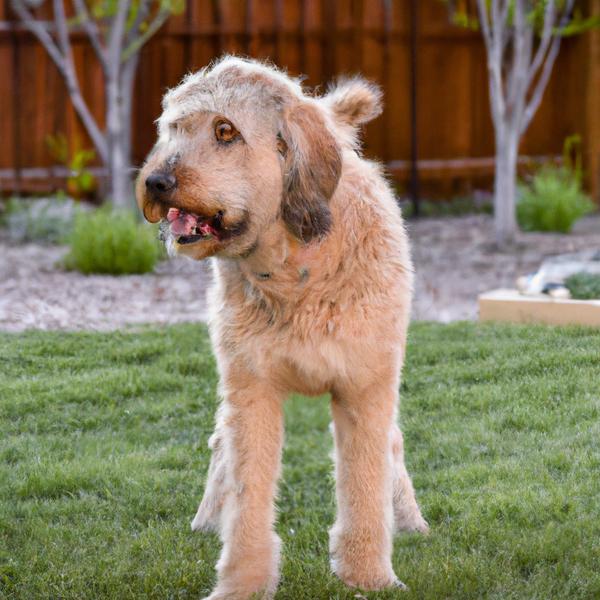Mastidoodle vs. Neahond: Breed Differences and Similarities
Hypoallergenic
Are Mastidoodles or Neahonds hypoallergenic, or neither?
Unfortunately, neither Mastidoodle nor Neahond are hypoallergenic, which may not make them the best choice for dog lovers who suffer from pet allergies.
Temperament
What are the personalities of Mastidoodle and Neahond dogs?
Active
Protective
Alert
Courageous
Intelligent
Affectionate
Loyal
Trainable
Cheerful
Faithful
Instinctual
Playful
Stubborn
Agile
Protective
Intelligent
Obedient
Dominant
Quick
Trainable
Fearless
Bright
Sturdy
Shedding Level
Do Mastidoodles shed more than Neahonds, or which breed sheds more, Mastidoodles or Neahonds?
Mastidoodles are low shedding dogs, requiring minimal coat care.
Neahonds are heavy shedders, but regular brushing can help manage shedding and promote a healthy coat.
Origin
What is the origin of Mastidoodle and Neahond dog breeds?
United States
United States
Ancestry
What are the origins of Mastidoodle and Neahond breeds?
Mastiff and Poodle
Keeshond and Neapolitan Mastiff
Date of Birth
When were Mastidoodle and Neahond breeds first developed?
1990s
2000s
Eye Color Possibilites
What are the eye colors of Mastidoodle and Neahond dogs?
Hazel
Brown
Amber
Brown
Amber
Nose Color Possibilites
What are the natural nose colors of Mastidoodle and Neahond?
Blue
Black
Brown
Isabella
Blue
Black
Brown
Isabella
Coat Color Possibilites
What are the natural colors of the coat for Mastidoodle and Neahond breeds?
Brown
Black
Cream
Sable
Gray
Brindle
Black
Gray
Brown
Blue
Silver
Sable
Brindle
Coat Length
What is the typical coat length for Mastidoodle and Neahond breeds?
Mastidoodles are known for their coat length.
Neahonds have medium-length coats.
Coat Density
What is the density of the coat of Mastidoodle and Neahond?
Coat Texture
What is the hair texture of Mastidoodle and Neahond?
Wavy
Straight
Litter Size
What is the usual litter size for Mastidoodle and Neahond?
A Mastidoodle can have a litter of 3-5 puppies on average. However, it's worth noting that the size of the litters can vary greatly. Factors that can influence litter size include the health of the mother, breeding history, and genetics.
A Neahond can have a litter of 6-12 puppies on average. However, it's worth noting that the size of the litters can vary greatly. Factors that can influence litter size include the health of the mother, breeding history, and genetics.
Adaptability
Mastidoodles are highly adaptable and versatile, making them excellent companions for families and individuals of all lifestyles.
Neahonds are known for their adaptability and can adjust well to different environments and lifestyle changes.
Health Issues
Between Mastidoodle and Neahond, which breed is more prone to health problems?
The Mastidoodle and Neahond breeds are commonly healthy with low vet costs, regular check-ups may not be as necessary but it's important to keep an eye on their health and have them checked by a veterinarian when needed.
Major Concerns
What are the major health concerns for Mastidoodle and Neahond breeds?
Entropion
Elbow Dysplasia
Canine Hip Dysplasia
Renal Cortical Hypoplasia
Canine Hip Dysplasia (Chd)
Heart Diseases and Disorders
Gastric Dilation Volvulus (GDV) or Bloat
Minor Concerns
What minor health issues should be kept in mind when owning Mastidoodle and Neahond?
Progressive Retinal Atrophy
Cataracts
Patellar Luxation
Entropion
Ectropion
Skin Allergy “atopy”
Occasional Tests
What occasional tests are recommended for Mastidoodle and Neahond breeds?
Ear Examination
Optical Exam
Blood Analysis
Regular Full Physical Examination By Veterinarian
Full Physical Eexamination by the Veterinarian to test the range of movement in the joint areas
Cardiac
Up:Uc Ratio For Kidney Function
Eye Examination
Skin Evaluation
Ultrasound
Internal Imaging (x-ray, CT scan, MRI, etc.)
Electrocardiograph (ECG - measures rate and rhythm)
Social Needs
Mastidoodle vs Neahond social needs comparison
Mastidoodle and Neahond have above average social needs compared to other breeds. They thrive in environments where they have a lot of interaction with humans and other dogs.
Sleeping Need
Which of the two sleeps the most/least: Mastidoodle or Neahond?
Mastidoodle and Neahond breeds are known to have moderate energy levels and normal sleep patterns, typically sleeping around 12-14 hours per day.
Mouthiness
Mouthiness Comparison: Mastidoodle vs Neahond?
Roaming urge
Mastidoodle vs Labrador: Running away tendency?
Prey Drive
Mastidoodle or Neahond - which breed has a higher level of prey drive?
Activity Level
Which breed has higher energy, Mastidoodles or Neahonds?
Both Mastidoodle and Neahond are medium-energy dogs that enjoy socializing and playing with other dogs. They may engage in casual or sustained games of chase, and occasionally have bursts of barking or racing around the house.
Tolerance of being left alone
Walks per Week
How many miles should Mastidoodle or Neahond walk each week?
There's really no limit to how far you walk your dog as long as they're comfortable. For Mastidoodle, it's at least 10 miles / week. Just remember to build distance and stamina gradually over time.
There's really no limit to how far you walk your dog as long as they're comfortable. For Neahond, it's at least 7 miles / week. Just remember to build distance and stamina gradually over time.
Activity per Day
Do Mastidoodles or Neahonds require more exercise?
In general most Mastidoodles usually need at least 60 minutes of exercise daily. This can be spread across the day and include all sorts of high-energy activities, like walking, running and playing.
In general most Neahonds usually need at least 45 minutes of exercise daily. This can be spread across the day and include all sorts of high-energy activities, like walking, running and playing.
Grooming
Which breed is easier to maintain in terms of grooming, Mastidoodles or Neahonds?
Mastidoodles require significant grooming, including regular trims and professional grooming assistance to maintain their coat. They may also require frequent bathing to keep their coat and skin healthy.
The Neahond requires an average amount of grooming compared to other breeds.
Brushing Frequency
What is the recommended brushing frequency for Mastidoodle and Neahond dogs?
Mastidoodle and Neahond should be brushed at least once a week. Of course, you can give them more frequent brushes if you find that they are still shedding a lot.
Brushing Tools
What brushing tools are used for Mastidoodles and Neahonds?
Pin Brush
Dematter
Scissors
Clipper
Pin Brush
Slicker Brush
Comb
Nail Clipper
Cups
How much food should be given to Mastidoodle or Neahond in cups?
For an average 90-140 pound (41 - 64 kg) Mastidoodle feed 4.5 cups daily. But, keep in mind, the amount you feed is going to be dependent on the quality of the food you are feeding.
For an average 100-130 pound (45 - 59 kg) Neahond feed 3.5 cups daily. But, keep in mind, the amount you feed is going to be dependent on the quality of the food you are feeding.
Daily Cost
Which breed has a higher daily cost, Mastidoodle or Neahond?
The average cost of a Mastidoodle is somewhere $4.20 - $5.60 per day.
The average cost of a Neahond is somewhere $3.40 - $4.50 per day.
Monthly Cost
Which breed has a higher monthly cost, Mastidoodle or Neahond?
The average per month expenses of a Mastidoodle is between $112 - $126. This makes an average of $1344 - $1512 per year. It will be on the higher side when the dog is still small because it will need more frequent visits to the vet, shots.
The average per month expenses of a Neahond is between $101 - $134. This makes an average of $1212 - $1608 per year. It will be on the higher side when the dog is still small because it will need more frequent visits to the vet, shots.
Sensitivity Level
How do Mastidoodle and Neahond compare in sensitivity?
This breed is sensitive and requires gentle handling and a calm home environment.
This breed is sensitive to its environment and best suited for patient and understanding families with a consistent routine.
Apartment Friendly
Which breed is more apartment-friendly: Mastidoodle or Neahond?
The Mastidoodle is a great apartment dog, thriving with sufficient exercise and time outside as part of their daily routine.
Neahonds are good apartment dogs as long as they get enough exercise and stimulation outside of the apartment.
Child Friendly
Do Mastidoodles or Neahonds have a friendlier temperament towards children?
Mastidoodles make excellent family pets for kids due to their gentle, protective nature and calm temperament.
Neahonds are good with kids if socialized and trained from a young age.
Senior-friendly
Which dog is more suitable as a pet for the elderly - Mastidoodle or Neahond?
Cat Friendly
Do Mastidoodle or Neahond breeds have a better compatibility with cats?
Mastidoodles are very friendly with cats and make great companions for them.
Neahonds are good with cats, but early training is needed to prevent chasing behavior.
Dog Friendly
Which breed is more sociable with other dogs: Mastidoodle or Neahond?
Mastidoodles are friendly and active companions, and can be good family pets, though their friendliness towards other dogs may vary.
Neahonds are average in their friendliness towards other dogs, and socialization can help.
Pet friendly
How do Mastidoodle or Neahond dogs interact with other pets?
Stranger Friendly
Which breed is more friendly with strangers: Mastidoodle or Neahond?
Mastidoodles are friendly but may bark at strangers, and training is easy due to their intelligence.
Neahonds are averagely friendly around strangers but benefit from early socialisation.
Playfulness
Which breed is more playful between Mastidoodle and Neahond?
Mastidoodle and Neahond have an average level of playfulness. Like other dogs, they enjoy playing, but they are not the most playful dog breed.
Trainability
How do the trainability levels of Mastidoodles and Neahonds compare?
Mastidoodles are popular for their ease of training and quick learning ability.
Neahonds are usually easy to train but require consistency to fully obey commands.
Compare Mastidoodle with other breeds
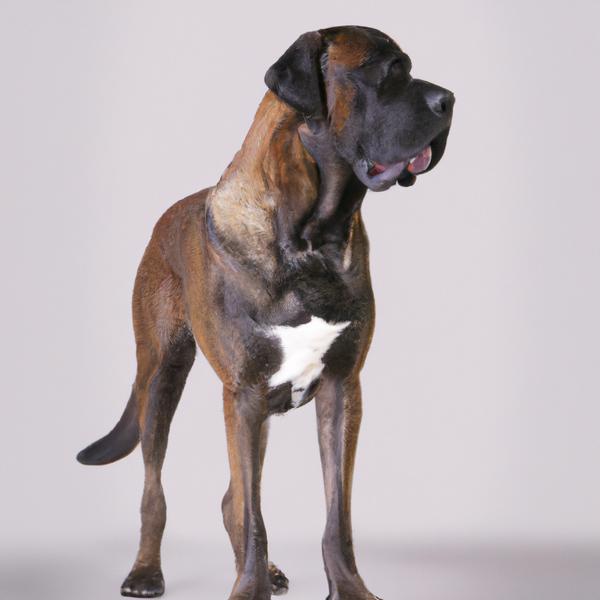
Neahond
Mastidoodle vs Neahond
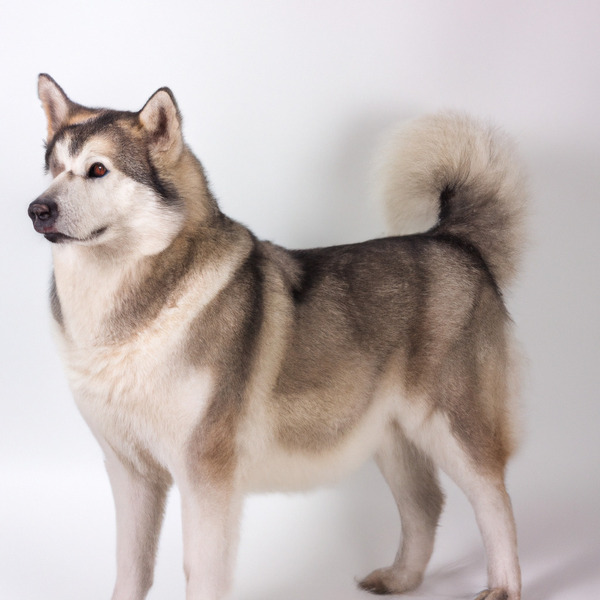
Chusky
Mastidoodle vs Chusky
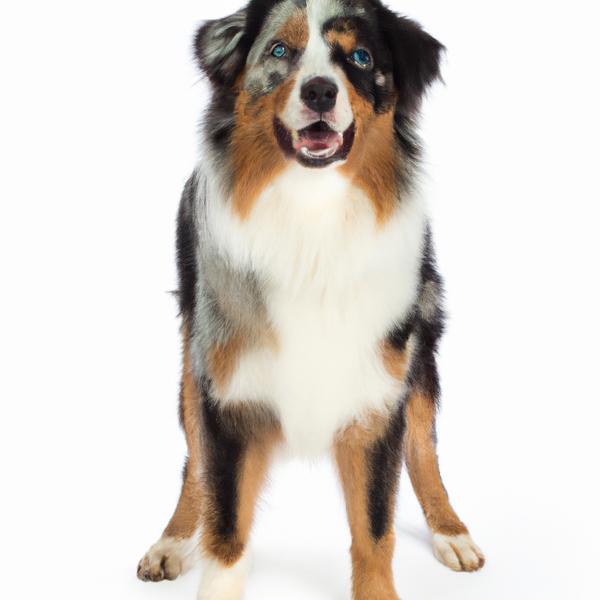
Aussietare
Mastidoodle vs Aussietare
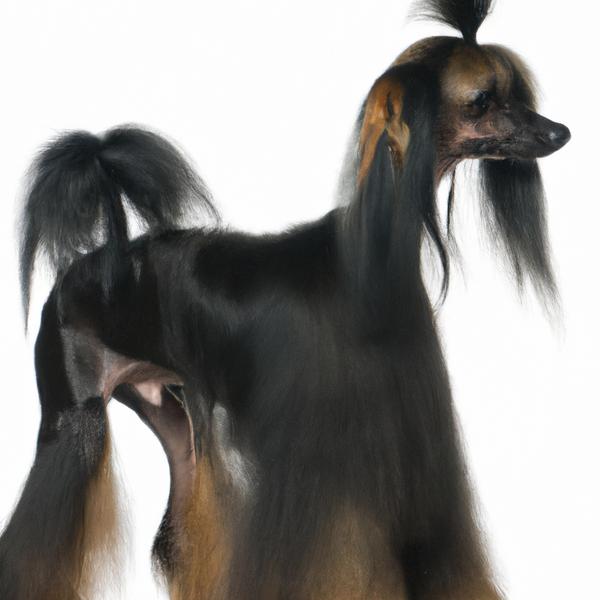
Silky-Pin
Mastidoodle vs Silky-Pin
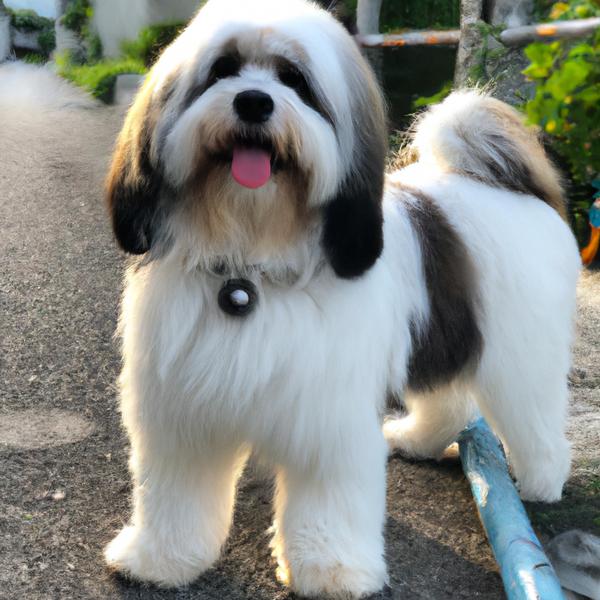
Havashu
Mastidoodle vs Havashu
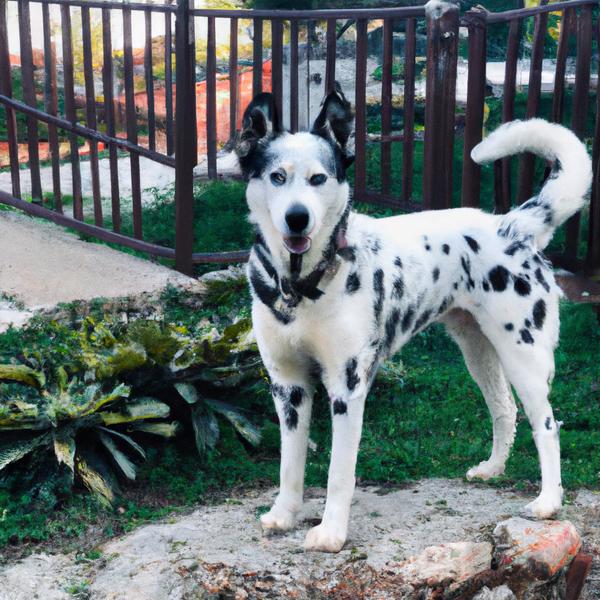
Dalmatian Husky
Mastidoodle vs Dalmatian Husky
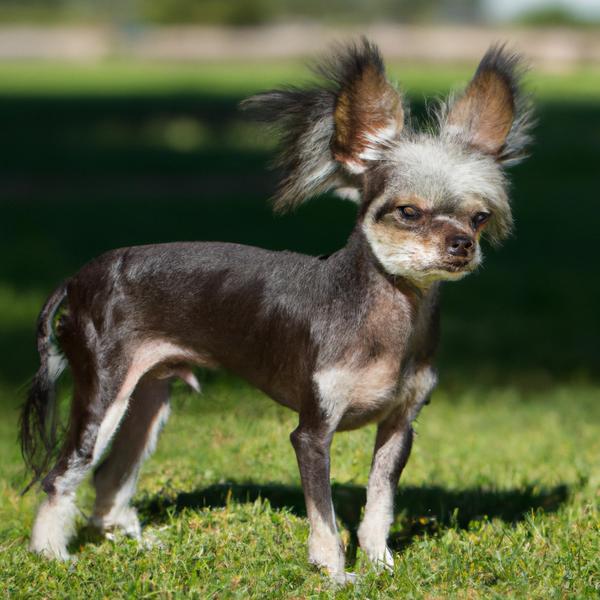
Chin Crested
Mastidoodle vs Chin Crested
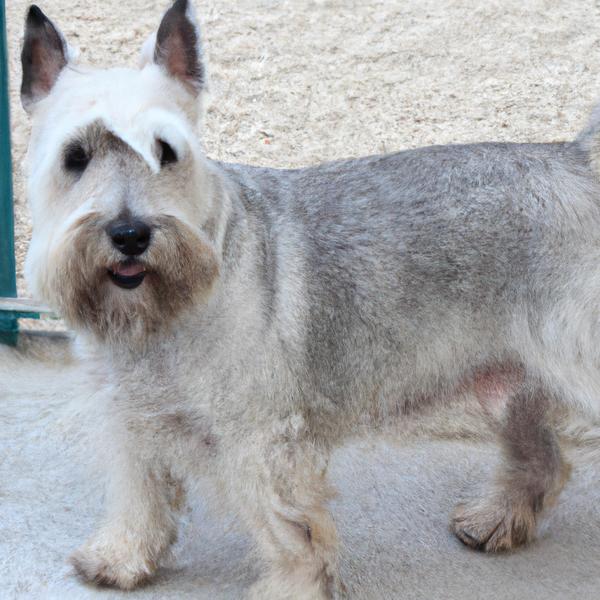
Scotinese
Mastidoodle vs Scotinese
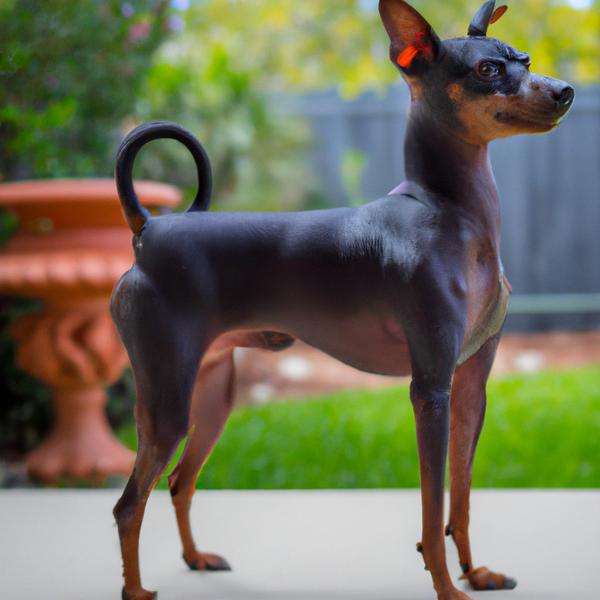
Italian Grey Min Pin
Mastidoodle vs Italian Grey Min Pin
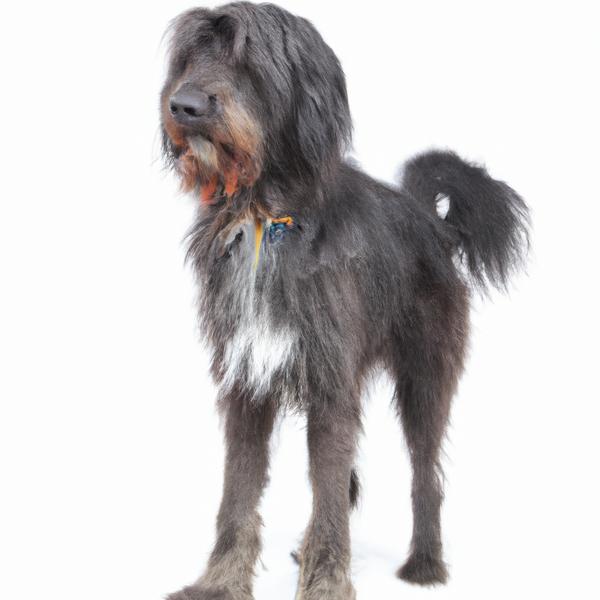
Labahoula
Mastidoodle vs Labahoula
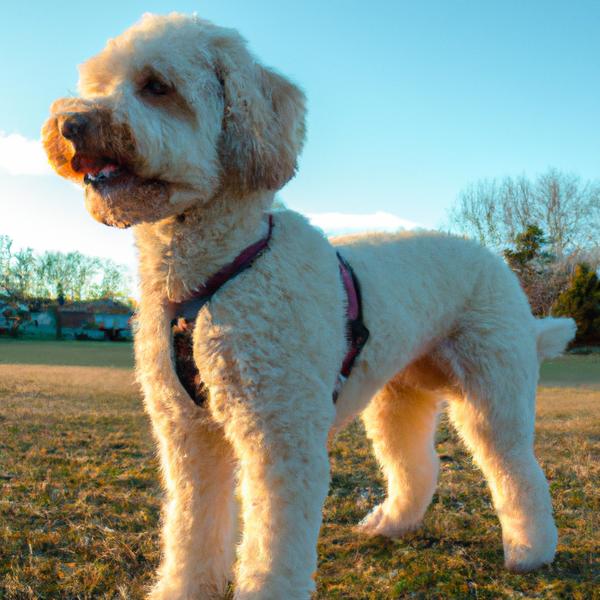
Scoodle
Mastidoodle vs Scoodle
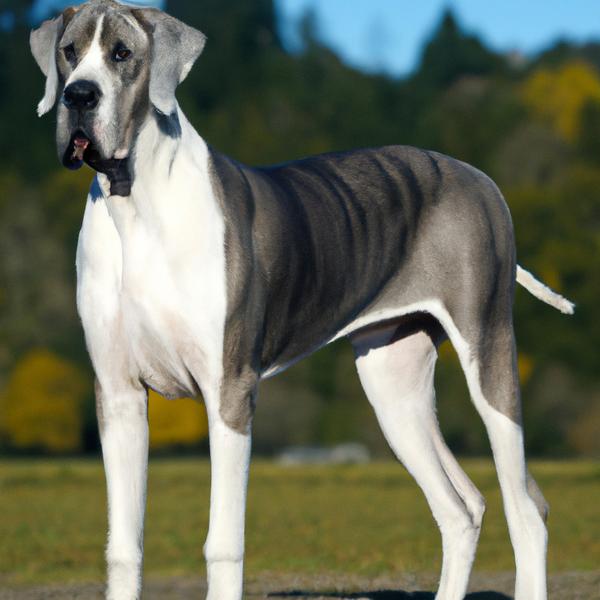
Greater Swiss Mountain Dane
Mastidoodle vs Greater Swiss Mountain Dane
